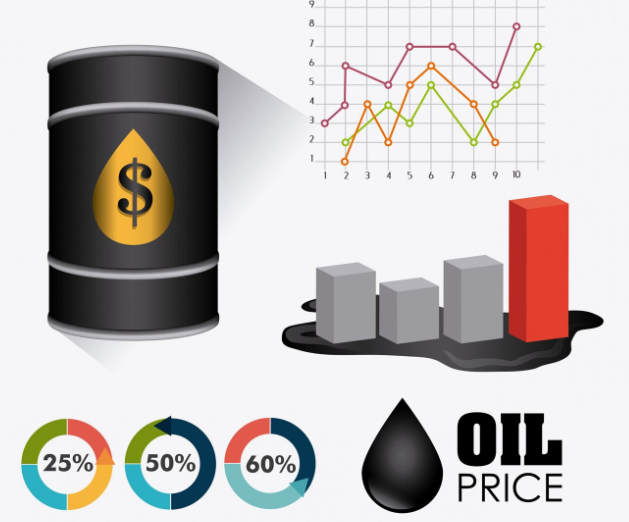NNPC banks on infrastructure upgrades and new refineries to justify expanded output
Nigeria is making a bold push on the international energy stage, with the Nigerian National Petroleum Company (NNPC) Limited formally requesting a 25% increase in its OPEC oil production quota by 2027. The request is anchored on Nigeria’s improved infrastructure, rising refining capacity, and the expectation of stable production growth over the next two years.
If approved, the move could significantly boost Nigeria’s oil revenue, increase its influence within the Organization of the Petroleum Exporting Countries (OPEC), and reposition the country as a more reliable supplier in global energy markets.
The Case for a Bigger Quota
According to NNPC Group CEO Mele Kyari, Nigeria’s upstream recovery, combined with recent private and public investments in oil infrastructure, justifies a review of its current quota, which has often fallen below its potential due to:
-
Pipeline vandalism
-
Underinvestment in joint ventures
-
Declining output from legacy fields
“We now have a compelling case. The ongoing infrastructural upgrades and increased refining capacity, particularly from the Dangote Refinery and modular refineries—mean we are not just producing more oil, but also processing more of it locally,” Kyari said in a press briefing in Abuja.
Dangote Refinery: A Game Changer
The 650,000 barrels-per-day Dangote Refinery, which began phased operations in 2024, plays a pivotal role in Nigeria’s new strategy. It has reduced Nigeria’s reliance on imported refined petroleum products, freed up crude for export, and boosted investor confidence in the country’s energy sector.
Additional modular refinery projects in states like Bayelsa, Rivers, and Imo, each contributing between 10,000 to 50,000 barrels per day—are also ramping up output and providing new revenue streams.
Together, these developments suggest that Nigeria can handle a higher OPEC quota without risking instability in global oil markets.
Economic Implications
Should OPEC approve the proposed quota increase, Nigeria stands to gain:
-
Higher foreign exchange earnings from increased crude exports
-
Improved budget performance, given that oil still funds a significant portion of the national budget
-
A strengthened energy sector, which could attract additional foreign direct investment (FDI)
Analysts believe this move also reinforces Nigeria’s goal of reaching 2 million barrels per day in sustainable output by 2027, up from the current 1.4–1.5 million bpd range.
“It’s a natural progression. With refineries coming online and security improving in the Niger Delta, Nigeria can and should reclaim its place among OPEC’s top-tier producers,” said Nkechi Ogbonna, an oil policy analyst with the Lagos Energy Forum.
Challenges and Considerations
While the ambition is bold, challenges remain:
-
Oil theft and pipeline insecurity, though reduced, are still active threats
-
Fluctuating global oil demand, especially with growing momentum toward renewables
-
OPEC internal politics, where other member countries may resist Nigeria’s quota increase to protect their own interests
Nonetheless, the move is a clear sign that Nigeria intends to lead, not lag, in the evolving energy market.
Conclusion: Reclaiming Oil Leadership
Nigeria’s push for a 25% increase in its OPEC quota by 2027 reflects a renewed sense of confidence in its oil and gas sector. Backed by landmark projects like the Dangote Refinery and modular refining initiatives, the country is sending a strong message: it is ready to produce, refine, and export more responsibly and competitively.
If successful, this strategy could reshape Nigeria’s fiscal future and further cement its role as a regional energy powerhouse in the years ahead.
Published on Xamblog.com – Delivering clear insight on Nigeria’s energy strategy, economic development, and global positioning.
Last Updated on July 15, 2025 by kingstar





